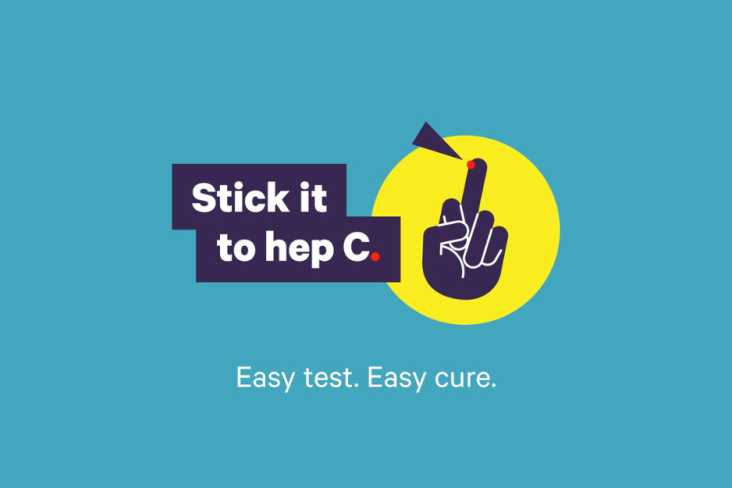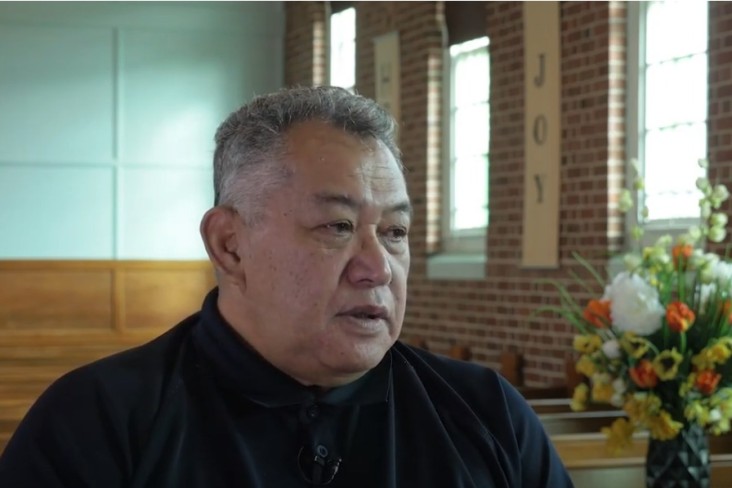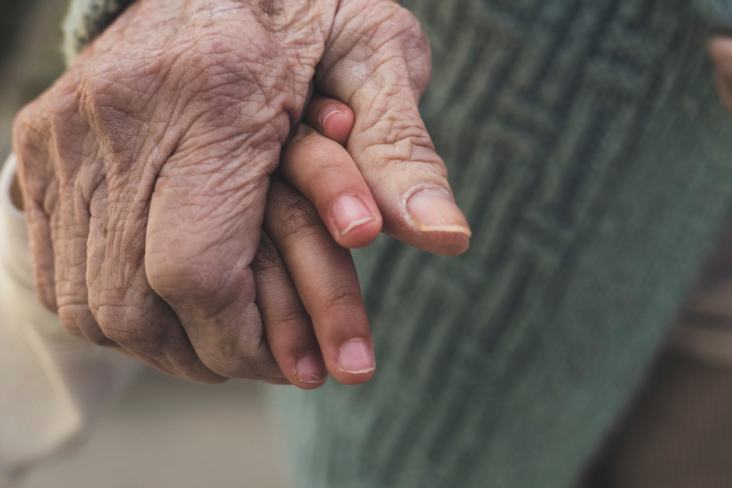Finding the right help for your needs
Talking about our thoughts, feelings and issues is an important way of dealing with them. Our friends and whānau can often provide support but sometimes it’s helpful to share our worries with a trained professional.
Here's a handy guide to assist you in finding the right help to suit your needs, plus some tips for what you can do to prepare for your appointment. It's totally OK to try different therapies – everyone is different and it might take time to find the right fit or combination for you.
General Practitioner (GP)
Your GP may be the first person you talk to if you are worried about your health and wellbeing. They have a medical degree, and some GPs have extra training in mental health. Your GP may be able to diagnose some mental health issues, or they may refer you to a more specific service. A GP can also prescribe medications for you and may help you to keep track of side effects. As your GP is a general practitioner, they're a great place to start with concerns about your mental health and they may also be able to connect you with more specialist services.
Health Improvement Practitioners (HIPs)
HIPs are qualified and registered health professionals with experience in mental health. They offer 15-30 minute appointments to assist you to take positive steps forward in improving your wellbeing. This is a free service and you don’t need a referral. Check which general practices in the region have a HIP and call to make an appointment (often available the same day).
Health Coaches
Health coaches come from a range of health and wellbeing backgrounds and support people to take positive steps forward in improving their health. It includes how to take control of your health and wellbeing, goal setting, and becoming more active. This is a free service and you don’t need a referral. Check which general practices in the region have a HIP and call to make an appointment (often available the same day).
Community Support Workers (CSW)
CSWs are employed by community agencies and walk alongside you to support you to achieve your goals. They help with anything that’s non-clinical but is having a big impact on your wellbeing and ability to make progress. This can include helping you to navigate daily living. CSWs also use their knowledge of social services to help you work with government agencies like Work and Income New Zealand or Kāinga Ora.
Social workers
Social Workers connect with the community and often work with others to provide assessments, intervention planning and support to families and individuals to overcome barriers to wellbeing and achieve their full potential.
This can include coordinating practical needs for you like access to food banks, budgeting and other resources in the community or it could also include facilitating programmes, access to counselling, advocacy, assistance with seeking legal support, health, education, mental health, and safety support.
Social workers can work across a number of areas including youth, children, schools, hospitals, mental health, older people, disabilities, addictions, child protection and family harm services. Locally, organisations with registered social workers include Central Lakes Family Services, the Wakatipu Youth Trust, Lakes District Hospital, Mental Health, and Oranga Tamariki. To be called a social worker you must be registered with the Social Workers Registration Board.
Counsellor/Therapist
A counsellor is someone who will listen and help you to clarify problems in your life, and they are often trained in specific areas. They may be able to help by providing coping techniques (e.g. breathing exercises for anxiety), or it may just help for you to have someone to talk to about the challenges that you’re facing. Counselling helps with anxiety, depression, grief and loss, life changes and stress, relationships with family, friends and work colleagues, trauma and abuse, domestic and sexual violence. There are many types of counsellors, including relationship and family therapists, grief counsellors, addiction and substance abuse counsellors, so look for one that best suits your needs.
Professional counsellors need to hold either a relevant bachelor’s or master’s degree in Counselling and be a member of the NZ Association of Counsellors. To find a registered counsellor near you, check the Counselling Aotearoa website.
Psychologist
Clinical psychologists are professionals who have studied psychology and completed a post-graduate training programme, along with at least a Masters degree, to specialise in learning how the feelings, actions, beliefs and culture of people affect the way they live. Like psychiatrists, clinical psychologists can assess, diagnose and treat mental health issues but, unlike psychiatrists, they can't prescribe medication.
Clinical psychologists are trained to listen to, and understand people’s emotional and psychological issues, and help them make changes in their lives. They can help people who are feeling overwhelmed and struggling to function day-to-day, their actions are causing harm to themselves/others, and they’re experiencing emotional difficulties which are affecting their wellbeing.
Psychologists must hold an Annual Practising Certificate in order to practice and hold the title of Clinical Psychologist. A list can be found through the NZCCP website and the NZ Psychology Society website.
Psychiatrist
A psychiatrist, like a GP, is a doctor with a medical degree. However, they have gone on to specialise in the diagnosis and treatment of mental health issues. A psychiatrist assesses, diagnoses and treats mental health conditions like depression, eating disorders, anxiety, bipolar disorder, schizophrenia and addiction. They can help by diagnosing what condition you might have, fostering an understanding of the problems you’re experiencing, or maybe prescribing medications that could help.
Key Worker
A key worker is a registered health professional who's generally based within one of the Community Mental Health Specialist Services. They could be a registered nurse, social worker, occupational therapist, or psychologist working within the mental health field. They work alongside you and your whānau and provide support throughout your journey.
Occupational Therapist (OT)
An OT is trained to help people get back to their activities of daily living. They might help you return to or gain further work or education, or with some life skills such as cooking, cleaning, transport and socialising. They may do this by designing activities to help you be independent, as well as come up with coping strategies and help improve certain skills.
Māori Mental Health Worker
Māori Mental Health Workers have special knowledge and skills specific to Te Ao Māori and mental health issues. They are likely to be working in kaupapa Māori mental health services, Māori PHOs (primary health organisations) and in the community.
Peer Worker
A peer worker is often someone who has lived experience of mental illness, which means that they have experienced mental health issues themselves. A peer worker may act like a mentor to you and help you to understand and make sense of your experiences and journey.
Some helpful videos explaining what the different types of health professionals do can be found at https://werryworkforce.org/drive-series.
Helpful tips to prepare for your appointment
Whichever help you choose, your initial appointment will likely be more rewarding if you do a little homework ahead of time. This will help you clarify why you’re seeking professional help and will assist your provider in understanding what support you may need from them or others.
Before your appointment:
- Make a list of:
- Any issues, concerns, or symptoms you are coping with, even if they seem to be unrelated or are not the reason why you are seeking help.
- Key personal information, including any major stresses or recent life changes.
- All medications, vitamins or other supplements that you're taking, including doses
- Questions to ask.
- Have a chat about:
- The time, place and any costs involved so that you know what to expect. If you are seeing a private provider, each one sets their own fees so make sure you ask what they are.
You may also qualify for funding help – for example, through ACC, Work and Income and some Primary Health Organisations/GPs – so ask if any of these apply to you. - What you want to get out of your session and check that they can provide this.
- Their qualifications, their professional membership and the way they work. Try to get a sense of whether you would be comfortable talking to this person.
- The time, place and any costs involved so that you know what to expect. If you are seeing a private provider, each one sets their own fees so make sure you ask what they are.


